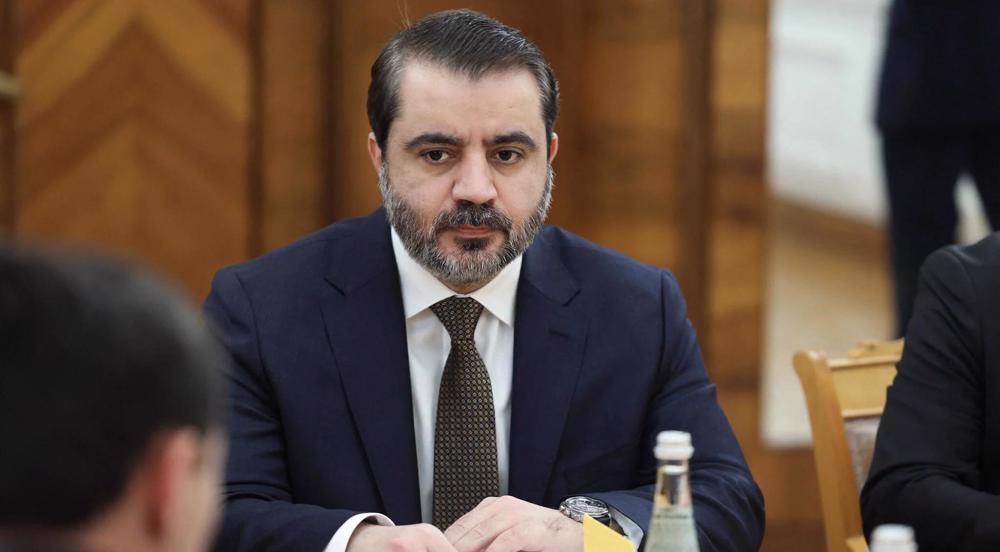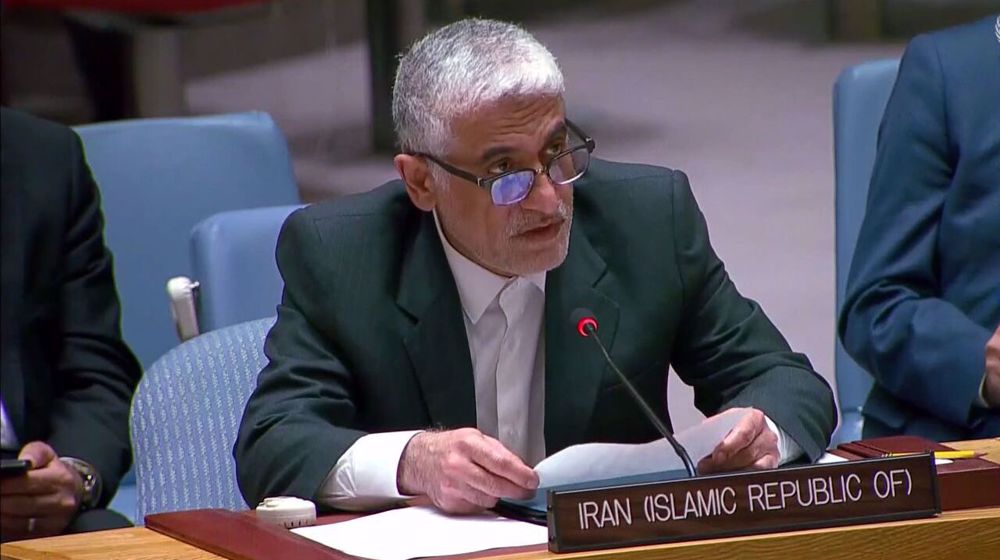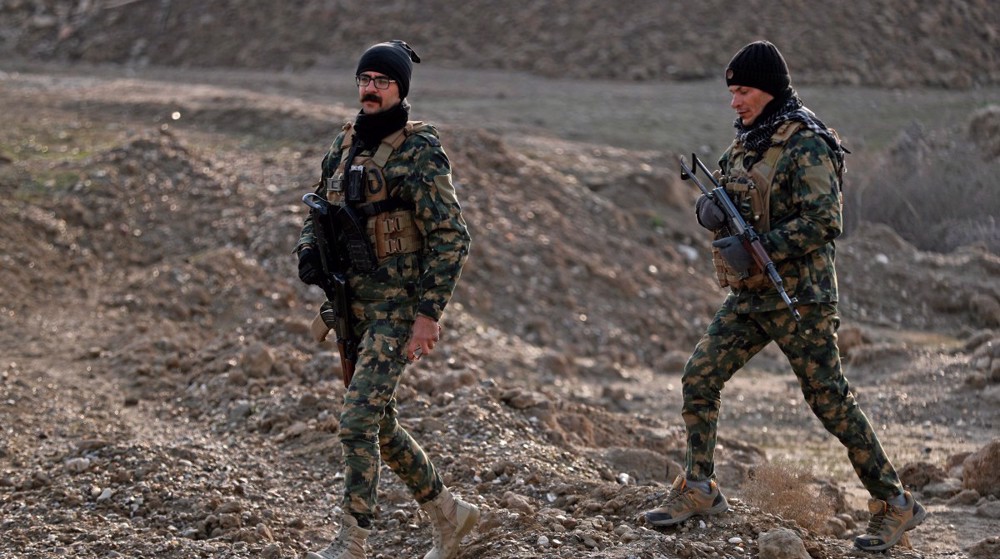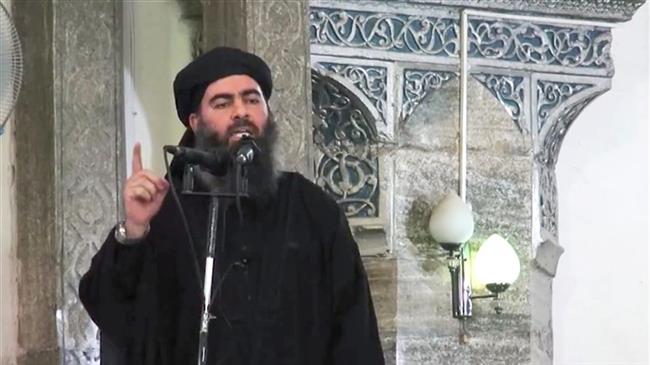Syria says US knows where Daesh leader is, denies Iran, Russia rift
Syria says the US and Turkey know the whereabouts of Daesh leader Ibrahim al-Samarrai, also known as Abu Bakr al-Baghdadi.
In an interview with Lebanon-based al-Mayadeen television channel on Friday, Syrian Ambassador to the UN Bashar al-Ja'afari said terrorism is used as a tool by its sponsors and financiers.
He also accused the US-led coalition, which is bombarding what it calls Daesh positions, of transferring Daesh elements.
"Algerian authorities arrested hundreds of terrorists on its borders with Niger, and after interrogating the terrorists it was revealed that they had come from Aleppo’s countryside, wondering who transported these terrorists from Syria to the Algerian-Niger borders," Ja'afari said.
"Americans and Turks know where Abu Bakr al-Baghdadi is."
The Syrian envoy further denounced a recent deal clinched between the US and Daesh, under which Washington received “tens of tons of gold" in exchange for allowing terrorists out of Syria's Dayr al-Zawr Province.
Read more:
Daesh started its campaign of terror in Iraq and Syria in 2014, occupying territory in the two Arab countries and establishing a self-proclaimed “caliphate.”
The Takfiri outfit was gradually stripped of all the land it had occupied, but Daesh remnants are now believed to be hiding in the Iraqi-Syrian border region.

Ja'afari said the West is working "to prolong the crisis in Syria" and that the administration of US President Donald Trump is seeking to keep up "investing in terrorism" in Syria and Iraq in order to pursue its agenda in the region.
He also hailed relations between Syria, Iran and Russia as "excellent," noting that talks about a rift among the trio are just "media propaganda."
"What is the interest of the Arabs in creating hostility with an important country like Iran? What is the interest of the Persian Gulf states in a war that Arabs and Iranians are fueling and Israel is watching?" he asked.
Ja'afari stressed that relations with Iran and Russia serve Syria's interests and that Damascus would not "compromise" its ties with Tehran in any negotiation.
Senior Iranian cleric Ayatollah Mohammad Ali Movahedi Kermani said on Friday that certain Arab countries had offered $200 billion to President Bashar al-Assad to cut ties with Iran.
"However, the Syrian president did not succumb to the threats and temptations,” Ayatollah Kermani told worshipers during Friday prayers in Tehran.
The cleric said Assad’s visit to Tehran on Monday marked a turning point in the solidarity of the "resistance front” consisting of Iran, Syria, Hezbollah and other anti-terror groups.
The visit sent a clear message to Israel and the US that the Islamic Republic will stay in the Arab country as long as needed, Ayatollah Kermani added.
Syria slams UK's blacklisting of Hezbollah
On Friday, Syria strongly denounced a decision by the UK government to put Hezbollah on its list of terrorist organizations.
A source at the Syrian Foreign Ministry said the move confirms Britain’s "deep-seated historical hostility against the Arab nation, as Britain is the godfather of fragmenting the Arab nation."
The UK, he added, has "a dark history of enslaving people and usurping their rights," harbors extremists and has been a main partner in all forms of aggression against the Arab nation.
Earlier this week, Britain said it planned to ban all wings of Hezbollah, having previously proscribed the group's external security unit and its military wing.
Hezbollah condemned the ban as an “insult” to the Lebanese people.
VIDEO | Press TV's news headlines
VIDEO | Israeli forces loot Palestinian homes across West Bank
Russia-Ukraine peace talks begin amid escalating frontline offensives
Russia’s top energy man holds high-stakes meetings in Tehran
Iran’s right to nuclear enrichment non-negotiable, Araghchi tells disarmament conference
US secretly deports migrants to Cameroon despite court protections
Israel intensifies crackdown at Al-Aqsa Mosque ahead of Ramadan
IRGC Navy holds drills in Strait of Hormuz for second day
















 This makes it easy to access the Press TV website
This makes it easy to access the Press TV website